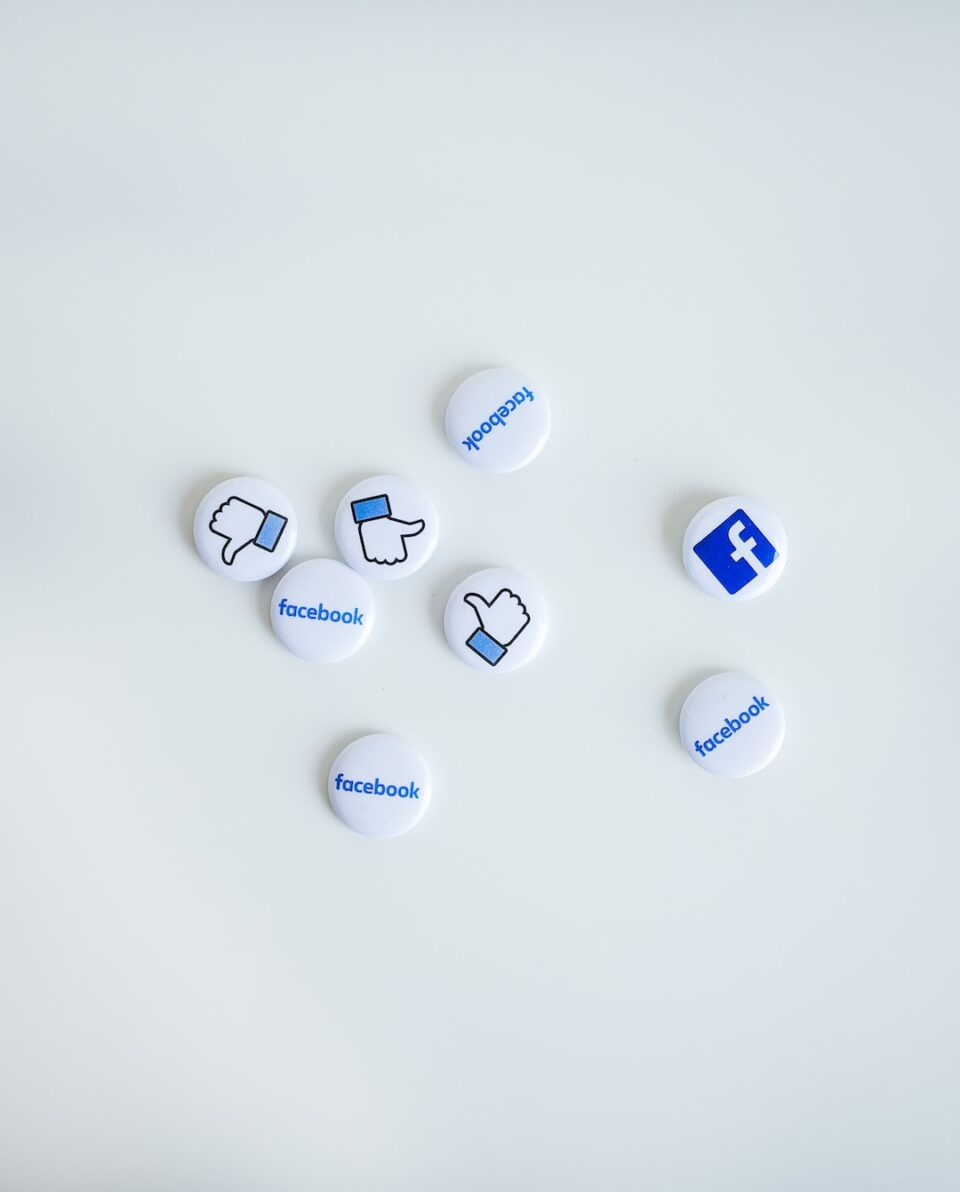The Role of Social Media in Shaping Body Image Perception
In today’s digital age, social media platforms have become an integral part of our everyday lives. From sharing personal experiences to connecting with friends and family, social media has penetrated every aspect of our society. While it has undoubtedly revolutionized communication, it has also played a significant role in shaping body image perception.
Body image is the mental picture we have of our physical selves and how we believe others perceive us. It has a profound impact on our self-esteem and overall well-being. Social media has created a platform where individuals can easily compare their bodies to others and receive feedback from their peers. However, these comparisons can often lead to unrealistic and damaging perceptions of body image.
One of the main ways in which social media influences body image perception is through the portrayal of idealized and unrealistic bodies. Instagram, Facebook, and other social media platforms are filled with images of thin, toned, and flawless bodies. These images are often heavily edited and filtered, presenting an unrealistic standard of beauty that many individuals strive to achieve. As a result, people who do not conform to these unrealistic standards may develop negative body image and feel inadequate or unworthy.
Moreover, social media platforms have given rise to a culture of “fitspiration” and celebrity worship. Fitness influencers and celebrities with attractive bodies and perfect looks dominate the digital space. This can create a sense of pressure for individuals to attain the same level of physical perfection. Consequently, many people turn to extreme dieting, excessive exercise, or even cosmetic surgeries to chase an unrealistic body ideal.
Additionally, the constant presence of social media can foster a constant need for validation and comparison. The “likes” and comments received on posts about physical appearances have become a measure of self-worth. This constant pursuit of validation can lead to an unhealthy obsession with one’s body image, causing individuals to rely on social media for validation and constantly compare themselves to others.
Despite these negative implications, it is important to recognize that social media can also serve as a platform for positive body image advocacy. Numerous body positivity movements have gained momentum online, spreading messages of self-acceptance, inclusivity, and embracing diverse body types. These movements encourage individuals to reject societal beauty standards and celebrate their bodies as they are. By promoting a more diverse and realistic representation of body types, social media can help challenge and reshape damaging body image perceptions.
To combat the negative impact of social media on body image, it is vital for individuals to develop a healthy relationship with these platforms. Being aware of the unrealistic nature of most social media content and understanding that filters and editing techniques are commonly used can help in maintaining a realistic outlook. Furthermore, curating one’s social media feed by following accounts that promote body positivity, self-love, and diversity can also be beneficial in shaping a more positive body image perception.
Another important aspect in mitigating the negative effects of social media on body image is promoting media literacy. Media literacy entails developing critical thinking skills to analyze and evaluate media messages. By teaching individuals to question and challenge the unrealistic beauty standards promoted on social media, we can empower them to develop a more realistic and positive perception of their bodies.
In conclusion, social media undoubtedly plays a significant role in shaping body image perception. While it can perpetuate unrealistic and damaging ideals, it also presents an opportunity for positive body image advocacy. By promoting diverse representations of body types, encouraging self-acceptance, and cultivating media literacy, we can harness the power of social media to reshape and redefine society’s perception of body image. It is essential that we continue to explore ways to harness the positive potential of social media while mitigating its negative impact to foster a healthier and more inclusive body image culture.

